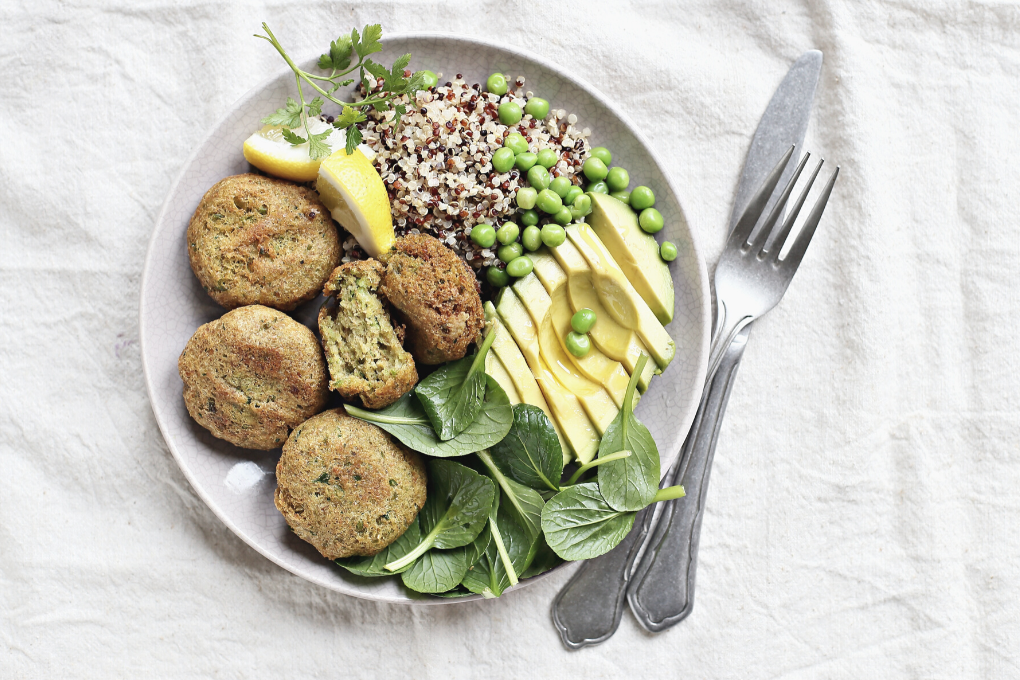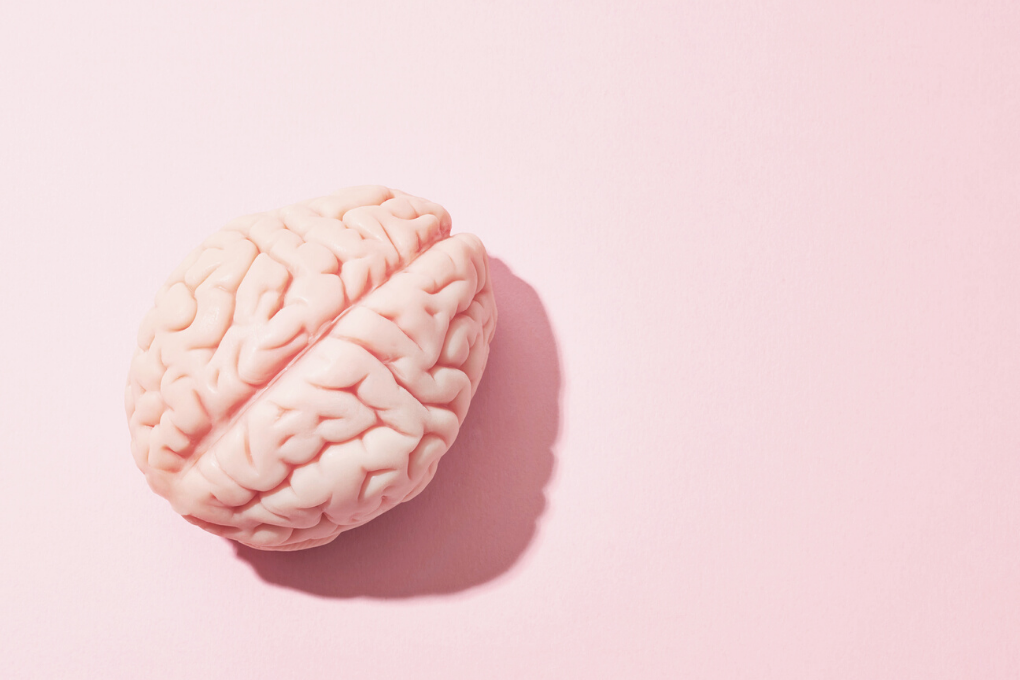Gut Health, Mental Health
Two gut microbiota strains found to improve anxiety and depression
It appears we may have two new mood avengers on our side when it comes to managing mental health. More than “just a few” studies are showing that an imbalanced gut microbiome could be to blame for various psychological conditions like schizophrenia, bipolar and depression. Could probiotics become a key player in the treatment for patients with depression and anxiety?
You might be now wondering if our gut bugs are controlling our minds. The answer is, yes, possibly to some extent. Let us break it down a little. Our digestive system is home to a whole team of bacteria, yeasts and other funny looking microbes. In fact there are trillions of these microbes cultivating in our stomachs to create an ecosystem that weighs around 1 to 2 kg. This is approximately the weight of a human brain! Coincidence? Maybe not. After all, the gut is commonly referred to as the body’s second brain.

Two New Mood Avengers
Here’s the exciting news! A number of recent discoveries have revealed two bacterial strains, Lactobacillus helveticus R0052 and Bifidobacterium longum R0175, could in fact have beneficial effects on patients prone to depression, anxiety-like behaviour and chronic stress. Some studies have even shown reduced levels of the stress hormone, cortisol. While another study showed improvement in sleep in an elderly study group.
Mood Killers
Most of the time our gut bugs live quite harmoniously with us. They are often of great benefit to us. They can help fight off infection, help us digest our foods, and help us produce energy. But in some situations they can act more like villains than friends. Hence it is important we keep an eye on these little guys.
According to the latest research some strains of microbiota could in fact be worsening your mood. For instance, a study done in animals showed the bacterial strain, clostridium, increased anxiety and aggressive behavior, and even caused social isolation.
How our resident bugs impact our brain
There are various ways our gut bugs can impact our brains but mostly we are impacted by the communication that occurs via the “gut-brain-axis”. This is basically a two-way communication system that occurs via the vagus nerve. Think of this nerve as a telephone line that runs from the gut to the brain and signals are sent along it in both directions.
You can learn more about how the gut and brain talk to each other in our blog post Nourishing your gut-mind connection during Covid stress.

Feeding the good gut bugs
This area of study is still only in its early days and we still have a lot more to discover. What we do know is that dietary choices will drastically impact your gut bugs. We generally recommend eating a high plant based fibre diet to help feed the good gut bugs. While diets high in sugar and animal based fibre tend to promote the not-so-good gut bugs so we recommend possibly limiting these.
The use of specific probiotics can be used for patients in a number of cases. Different strains can be used to help manage specific conditions and symptoms. This is usually done under consultation with a health practitioner.
There are also a number of stool sample tests available such as Microba Gut Microbiome testing (available via our Nutritionist in store). These tests can be good to determine what strains of gut bugs you have and how they may be impacting you. They can also give you a better idea of how to manage your diet.








